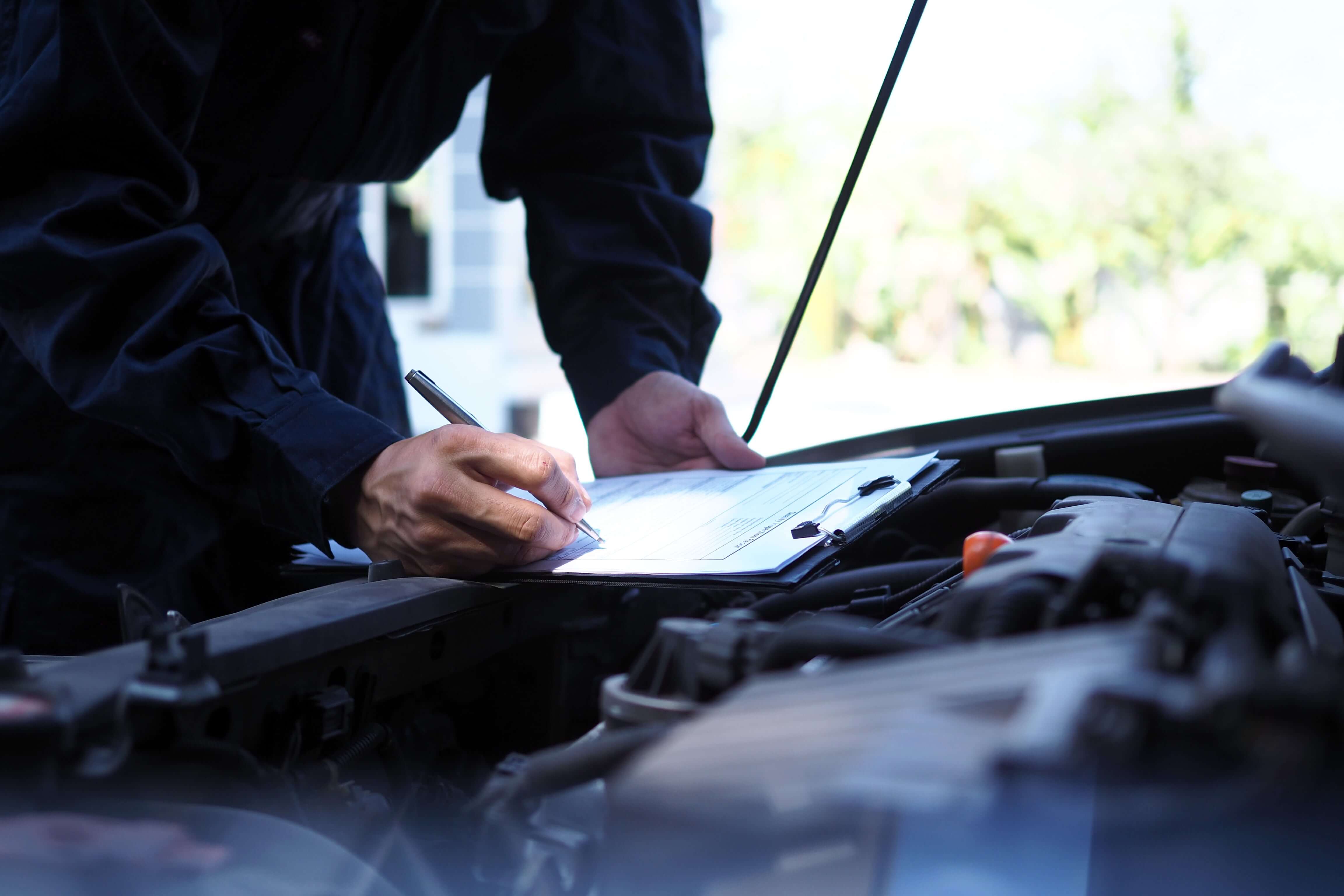The UK Government has made drastic changes to the existing MOT laws, in an effort to combat COVID-19
**UPDATE: If your vehicle’s MOT expires on or after 1 August 2020, your MOT certificate will not be extended. You must book an MOT as usual.**
Ever since the fateful day that COVID-19 entered our population, the escalation has been swift and fearsome; we have seen social distancing rules transition into comprehensive bans and restrictions placed upon our daily lives and activities.
The nature of COVID-19 has halted much of our society, and with it, much of the business we rely on to perform basic tasks.
The implications of this potentially deadly virus have wide-reaching effects, from the closing down of non-essential shops, to imposing travel restrictions.
Due to its unprecedented nature, these restrictions have raised many questions with the wider public surrounding many areas of life; one of which is centred on how this will affect your MOT.
What is an MOT?
An MOT is your car’s annual check-up, to determine its roadworthiness and safety in relation to regulations issued by the Driver and Vehicle Standards Agency (DVSA).
This test is administered by qualified mechanics across the country, who will either pass or fail your vehicle based on a variety of factors. The examiner will check everything, from your headlights, to seat belts in an attempt to ensure that your car doesn’t endanger your life, or others by being faulty.
Passing your MOT is a requirement by law, and as such, you will not be allowed to drive the car on the road if your car fails – this will also affect your ability to take out car tax or insurance, which are also required to drive on UK roads.
But can you still get an MOT if there are strict travel restrictions in place?
Can I get an MOT during the Coronavirus?
The answer is technically, yes.
The Government is still allowing garages and MOT centres alike to remain open at this current moment in time.
However, in an attempt to stop the spread of COVID-19, the DVSA has issued an exemption for those vehicles whose MOT expires after 30th March 2020, for a 6-month period.
This measure was introduced to aid key workers to continue being able to get to work, during this time of adversity in the UK.
Although, this new exemption is not without certain criteria. Drivers will still need to perform routine checks on their vehicle(s) – if you choose to drive during this period, you will be responsible for keeping your vehicle safe to drive.
Learn how to check you’re car is safe here.
The exemption will automatically be administered by the DVSA, so there is no reason you would need to worry about your MOT, unless your first MOT was due before 30 March 2020 and your vehicle did not pass.
What can you do if your vehicle did not pass its MOT?
If you have already received the verdict on your vehicle, and it has been deemed unsafe to drive, then you will not be able to benefit from the extension – this is due to the fact that your car has been deemed dangerous, and it would be reckless to allow you to drive in its current state.
So you will need to pass your MOT before you can drive. But where can you get this done?
As mentioned previously, garages and MOT centres shall remain open over the next six-month period, subject to changes in the information from the Government; so you will be able to get the repairs performed by qualified automotive mechanics in any reputable centre offering these services.
The reason for this is to allow people who need their cars, to have access to them, if they fall under certain categories.
But what exactly are these categories?
In what circumstances are you allowed to leave the house during the Coronavirus?
The Prime Minister’s announcement on 23rd March 2020 was an unprecedented step towards restrictions on our daily lives. Naming five primary reasons to leave your house:
- Shopping for basic necessities.
- Exercise (Once a day maximum).
- Medical exemptions.
- Travelling to work (Key workers).
- Caring for vulnerable people.
Aside from these categorisations, the general public has been urged to stay indoors, and increase their social distancing to halt the spread of COVID-19 in its tracks, for the next three weeks at least, according to the Prime Minister.
Why is this exemption to MOT so important?
This change to the MOT system is a step forward to reducing the spread of COVID-19 amongst the population in the UK; by ensuring people remain isolated, and socially distant, the DVSA hopes to flatten the curve on the spread of this potentially deadly virus.
The exemption for MOT from the 30th March 2020 will remain in place until September, and help key workers and those who require a vehicle to perform essential tasks, despite the current travel restrictions.
But please note, it is essential that we make fundamental checks on our vehicles to make sure they are still roadworthy, and do not cause danger to other people. Those people who do not abide by this ruling can be fined up to £2500 and receive 3 penalty points on their licence for ‘Dangerous Driving’.
Our recommendation is to stay home where possible, and reduce your interactions with people, but do make sure that you do not endanger your life or another’s’ by recklessly not checking your vehicle – the exemption is here to help, but it can only work if we all do our part!
